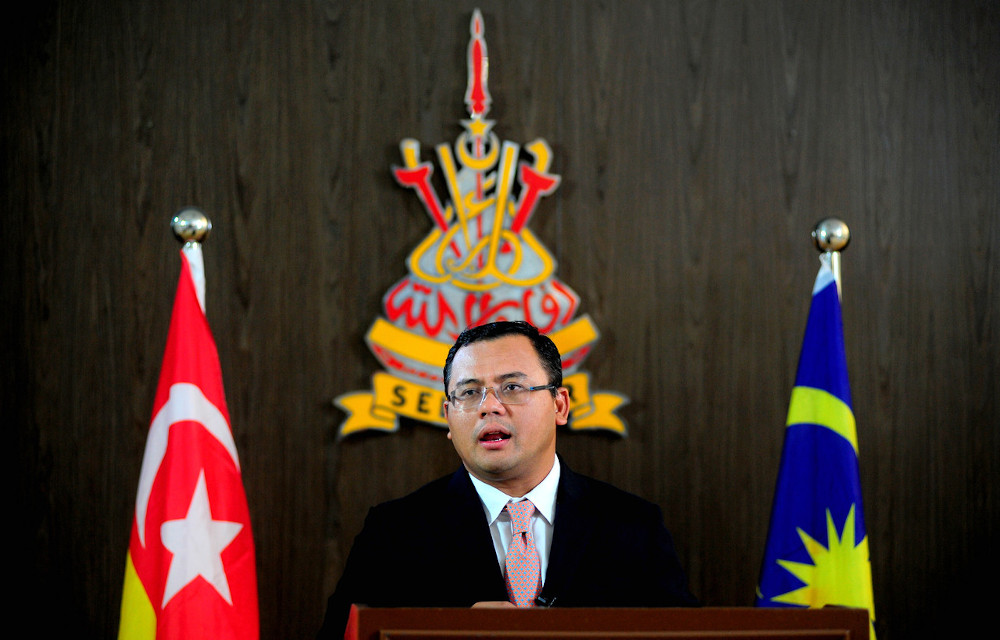
Subscribe to our Telegram channel for the latest updates on news you need to know.
SHAH ALAM, March 24 — Selangor’s economy is expected to bounce back by mid-May or by the end of this year at the latest, says Mentri Besar Datuk Seri Amirudin Shari.
He said the goal could be achieved with the anticipation that the country was able to deal with the Covid-19 pandemic.
“We can get the economy going again after we finish dealing with Covid-19, and it (business activities) is expected to pick up ahead of Aidilfitri, or at the latest by the end of this year,” he told reporters after the opening ceremony of a Gloria Jean’s Coffees (GJC) branch at the Selangor State Secretary’s Office. here today.
Meanwhile, Amirudin said he would hold a meeting with Coordinating Minister for the National Covid-19 Immunisation Programme Khairy Jamaluddin tomorrow to discuss efforts on getting more people in the state registered for the vaccine.
“In Selangor, we have 6.4 million people and about one million foreigners, but only 400,000 are registered,” he said.
“It is necessary for everyone to register themselves, regardless (of when they are scheduled to be vaccinated), they must be registered to know when they are scheduled to be vaccinated,” he said.
On a separate note, Amirudin said in the first three months of the year, the authorities had managed to avoid nine potential water pollution hazards that could have led to the stoppage of the state’s water treatment plants.
“We are also aware that this problem (of river pollution) is ongoing, not only from unregistered and illegal factories, even from some legal factories, while some are due to the weakness of our sewerage system, and some due to negligence or deliberate actions,” he said. — Bernama

